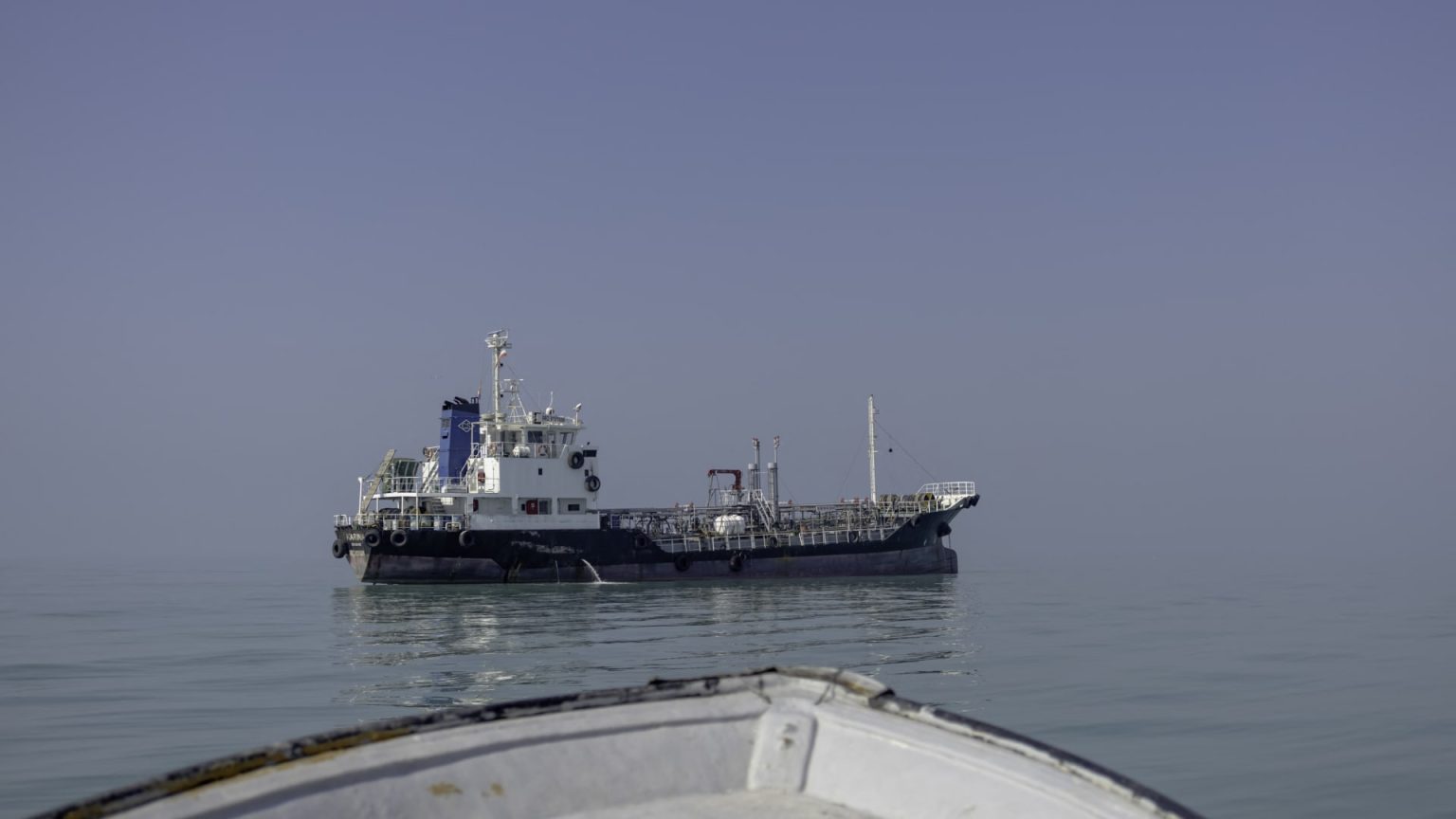The ongoing conflict between Israel and Iran has resulted in a dramatic increase in maritime insurance costs, affecting shipping routes through the Red Sea and Persian Gulf. Following recent military actions, insurance rates for ships traveling in these regions have surged, reflecting heightened security concerns. The rapidly changing conditions have prompted shipowners to reevaluate their routes, and the implications could resonate in global markets and energy prices.
| Article Subheadings |
|---|
| 1) Rise in Insurance Costs |
| 2) Increased Risk Assessment |
| 3) Strategic Shipping Route Changes |
| 4) Implications for Global Markets |
| 5) Future Outlook |
Rise in Insurance Costs
The recent hostilities between Israel and Iran have led to a substantial increase in shipping insurance costs. According to data from Marsh McLennan, one of the largest insurance brokers globally, the cost of marine insurance for voyages into the Persian Gulf has escalated to 0.2% of a ship’s value, a sharp rise from 0.125% prior to recent conflicts. This surge is indicative of the heightened perception of risk in a historically volatile region, particularly as tensions escalate.
Furthermore, insurance rates for ports in Israel have seen an even more staggering increase, tripling to 0.7%. These changes have resulted in a quicker response from insurers, with coverage quotes now valid for only 24 hours compared to the previous 48-hour period. This new reality emphasizes the urgency and severity of the current geopolitical climate, which is prompting a rapid reassessment of maritime coverage across the industry.
Increased Risk Assessment
The insurance industry’s pivot reflects a broader concern regarding maritime security in the Middle East. Following the most recent exchange of airstrikes between Israel and Iran, the atmosphere of uncertainty has led to a surge in war risk insurance rates, particularly for the nearby Red Sea. Marine insurers are adjusting their policies in response to the heightened danger that these waters now represent.
Officials have noted a growing unease among maritime stakeholders, leading to significant discussions on risk management.
“Given that the situation is currently contained within the region, risks are still being placed to enable cargo to flow through these areas,”
remarked Marcus Baker, the global head of marine, cargo, and logistics at Marsh. This reflects an ongoing tension between ensuring maritime commerce and addressing emerging threats.
Strategic Shipping Route Changes
In light of the intensified conflict, some shipowners have made the decision to avoid the strategically vital Strait of Hormuz. This narrow waterway, which connects the Persian Gulf to the Arabian Sea, is crucial for the global oil supply chain. Shipowners are reevaluating their transportation strategies, leading to a modest decrease in shipping traffic through the Strait, a move that could have far-reaching implications for oil availability and pricing.
The concerns over navigating these waters stem not just from the immediate threats posed by military actions, but also from the potential for a larger conflict that could disrupt one of the world’s key oil chokepoints. The implications of even a temporary halt in oil passage through this strait would likely resonate globally, causing significant shifts in market dynamics.
Implications for Global Markets
The security situation in the Middle East is not just a regional concern; it has ramifications that echo through global markets. With the Strait of Hormuz accounting for a significant portion of the world’s oil trade, any disruptions can lead to escalated energy prices and increased shipping costs. A significant increase in oil prices could trigger inflationary pressures worldwide, affecting everything from transportation costs to consumer goods.
Market analysts and industry experts are closely monitoring the evolving situation. The prospect of U.S. intervention or a broader geopolitical shift could further complicate matters, creating more volatility in the energy market. The interconnected nature of today’s economy means that a crisis in one region can quickly lead to ripple effects globally.
Future Outlook
The outlook for maritime shipping in the region remains uncertain, with the potential for further escalations in conflict looming large. Shipowners and insurers alike are operating in a climate of unpredictability, where conditions can change rapidly. The insurance market will likely continue to adjust its risk assessments as events unfold, with further increases in premiums a distinct possibility.
As the situation stabilizes—or potentially escalates—companies will need to balance their operational needs against the risks present. It’s an intricate dance between ensuring reliable transportation for goods and managing the inherent vulnerabilities of shipping through high-risk areas.
| No. | Key Points |
|---|---|
| 1 | Insurance rates for voyages in the Persian Gulf have increased sharply due to the Israel-Iran conflict. |
| 2 | Coverage for Israel’s ports has tripled, reflecting heightened risk perceptions. |
| 3 | Shipowners are avoiding the Strait of Hormuz, fearing potential conflict-related disruptions. |
| 4 | Global oil markets may experience volatility due to changes in shipping routes. |
| 5 | The insurance market will continue to adapt to the evolving geopolitical landscape. |
Summary
The escalation of conflict between Israel and Iran has led to pronounced changes in maritime insurance costs, reflecting heightened security concerns in the region. The implications of these changes extend beyond mere insurance premiums; they touch on the global economy, energy prices, and the stability of critical shipping routes. As the situation develops, stakeholders in maritime transport must navigate this increasingly precarious landscape.
Frequently Asked Questions
Question: What factors are causing the rise in insurance rates?
The rise in insurance rates is primarily driven by the ongoing conflict between Israel and Iran, which has increased perceived risks associated with maritime shipping in the region.
Question: What is the significance of the Strait of Hormuz?
The Strait of Hormuz is a crucial waterway connecting the Persian Gulf to the Arabian Sea, through which a significant percentage of the world’s oil supply is transported.
Question: How might this conflict affect global energy prices?
Disruptions in shipping routes due to conflict can lead to increased oil prices, which may have further implications for global inflation and shipping costs.


